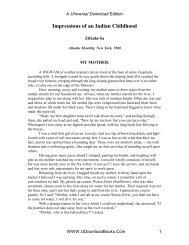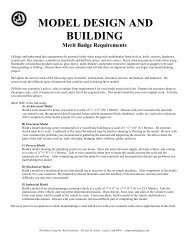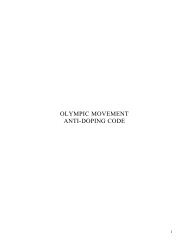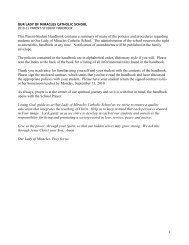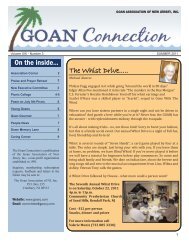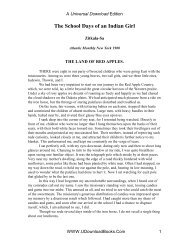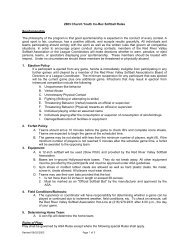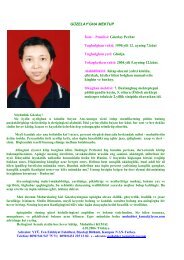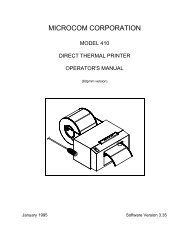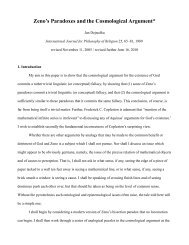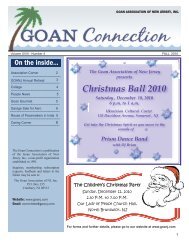Dummett's Backward Road to Frege and to Intuitionism - Tripod
Dummett's Backward Road to Frege and to Intuitionism - Tripod
Dummett's Backward Road to Frege and to Intuitionism - Tripod
Create successful ePaper yourself
Turn your PDF publications into a flip-book with our unique Google optimized e-Paper software.
(3) convey forces (such as assertion, question, or comm<strong>and</strong>); language can (4) convey emotive <strong>to</strong>ne;<br />
<strong>and</strong> perhaps (this is <strong>Frege</strong>’s perhaps) ideas can (5) be taken as objects <strong>and</strong> thereby be taken as named.<br />
And where Wittgenstein compares engine control h<strong>and</strong>les which all look similar <strong>to</strong> the sense in which<br />
ordinary words all look similar on a page, <strong>Frege</strong> uses a special assertion sign (judgment stroke)―often<br />
compared <strong>to</strong> the period ending a declarative sentence―<strong>and</strong> uses no sign <strong>to</strong> convey <strong>to</strong>ne. Thus <strong>Frege</strong>’s<br />
forces seem more like different <strong>to</strong>ols in a <strong>to</strong>olbox than like engine control h<strong>and</strong>les, his names seem like<br />
two-use <strong>to</strong>ols whose use depends on the context, <strong>and</strong> his use of words <strong>to</strong> convey <strong>to</strong>nes seems like a sort<br />
of extra use <strong>to</strong> which many <strong>to</strong>ols can be put, such as decoration, paperweight, or makeshift weapon.<br />
6. The problem of bifurcation<br />
A chief problem for Dummett is how <strong>to</strong> keep <strong>Frege</strong>’s later context principle from bifurcating<br />
in<strong>to</strong> one principle for senses <strong>and</strong> another for references (Dummett 1995: 10, 14 ). Dummett links them<br />
backwardly in the cognitive order by deriving senses from references.<br />
I double-link them. Senses are logically tied <strong>to</strong> references by being ways of presenting<br />
references. This links them on the forward road in the cognitive order, <strong>and</strong> on the backward road in the<br />
on<strong>to</strong>logical order. Due <strong>to</strong> the on<strong>to</strong>logical dependence of modes on objects <strong>and</strong> functions, senses <strong>and</strong><br />
references are not wholly distinct from each other as categories, even though there may not always be a<br />
reference. For surely a reference is not wholly distinct from the ways in which it can be given. Not<br />
every distinction in reason involves symmetric dependencies.<br />
This is not <strong>to</strong> mention that on the descriptivist theory of senses, every definite description<br />
expresses a sense which is essentially descriptive of an extensional in sense (2) concept under or within<br />
which its reference, if any, falls. 33<br />
The leap from sense <strong>to</strong> reference is especially transparent for primitive logical entities such as<br />
61




